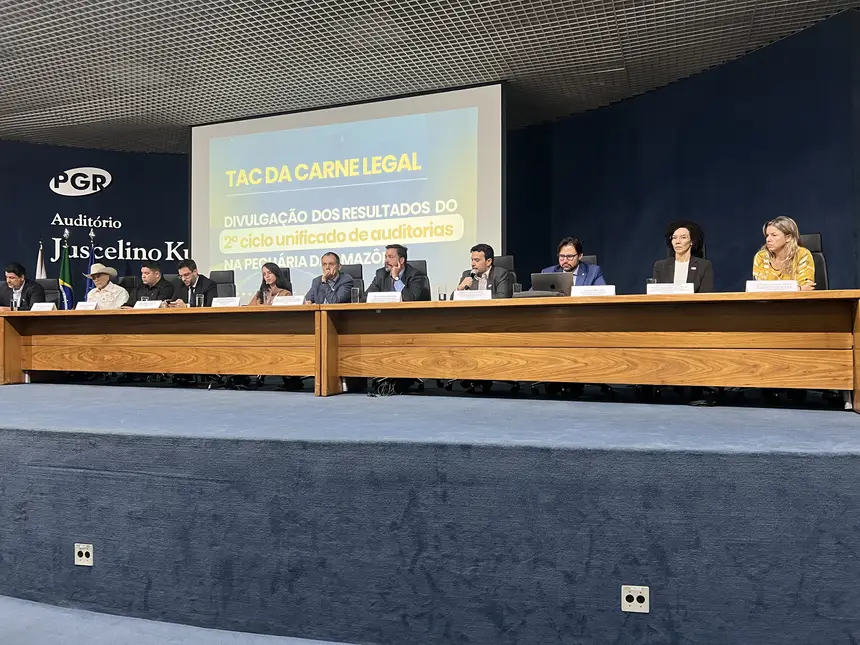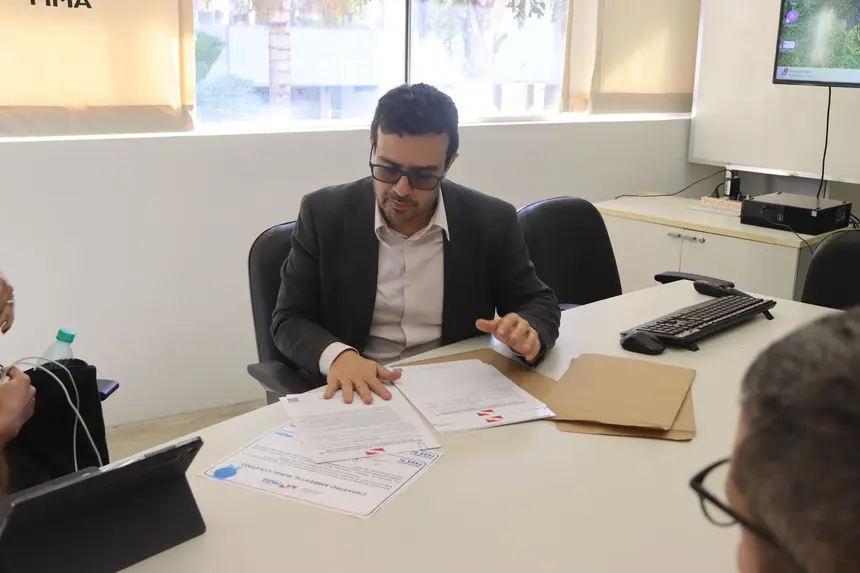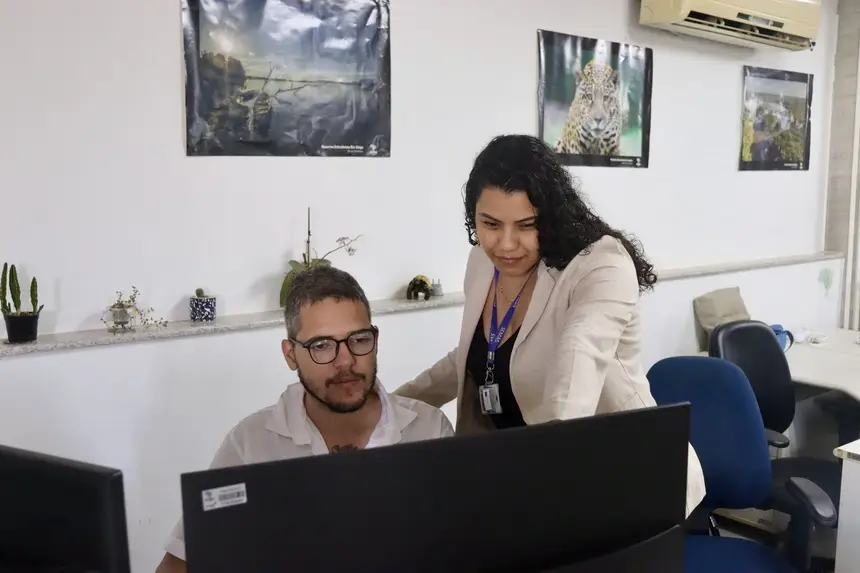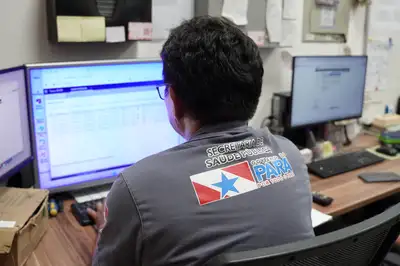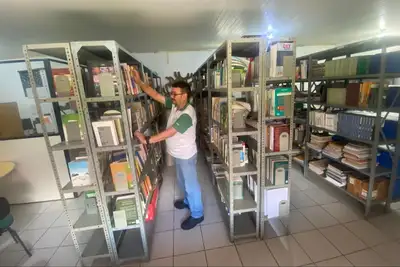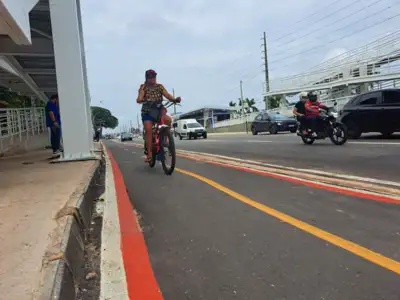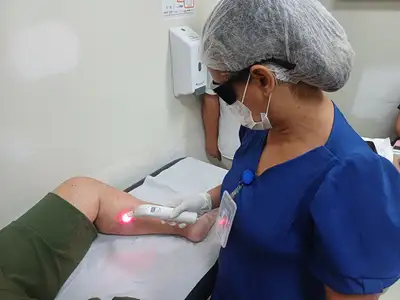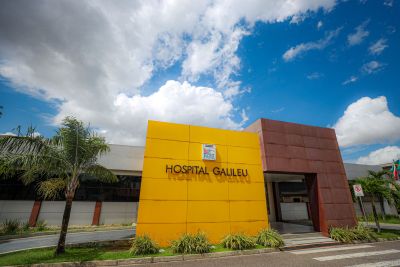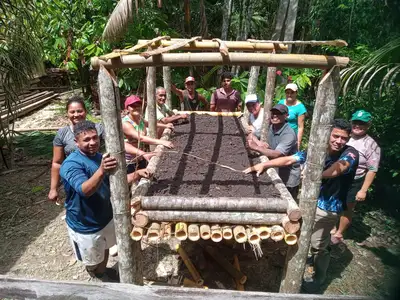Partnership between Semas and ICMBio strengthens environmental regularization of traditional communities with delivery of CAR PCT receipts
Summary
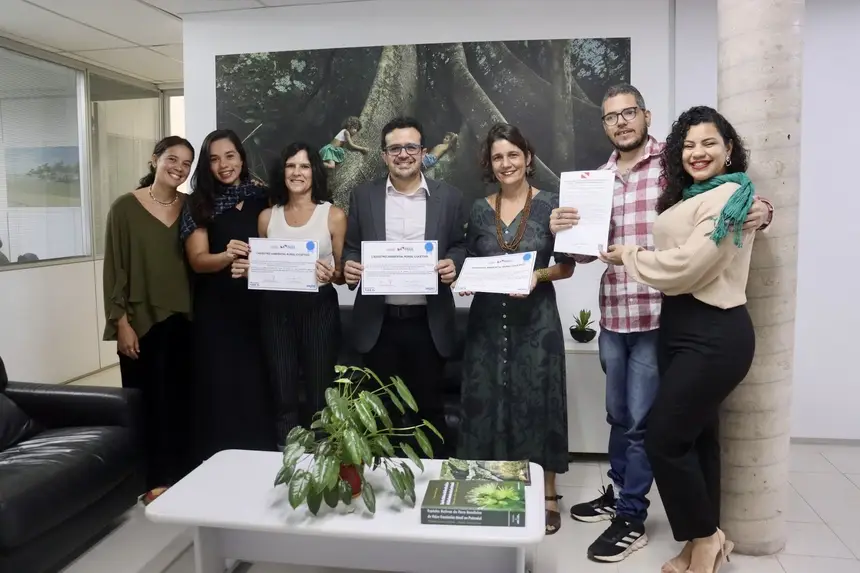
On this Wednesday (15), the State Secretariat for the Environment and Sustainability of Pará (Semas) delivered the Rural Environmental Registration receipts for Traditional Peoples and Communities (CAR/PCT) from the Extractive Reserves (RESEX) of Rio Iriri, Mapuá, and Terra Grande-Pracuúba in Brasília. The ceremony took place at the headquarters of the Chico Mendes Institute for Biodiversity Conservation (ICMBio) and was attended by representatives from both partner agencies in the action.
The receipts represent the first three products generated from the partnership between Semas and ICMBio aimed at CAR/PCT in federally owned extractive reserves. The initiative is a direct result of the training conducted from May 12 to 14 by the Regulariza Pará Program, coordinated by Semas, with the goal of strengthening territorial management through the appropriate use of CAR/PCT.
“This delivery symbolizes not only the official recognition of these communities in the environmental system but also the strengthening of a shared and respectful management of the rights of traditional communities. The partnership with ICMBio has been essential to ensure that environmental regularization reaches the territories effectively and humanely,” said Rodolpho Zahluth Bastos, Deputy Secretary of Environmental Management and Regularity at Semas.
“Training is essential because ICMBio needs to periodically update the lists of CAR/PCT beneficiaries. As managers of conservation units, they have the responsibility to insert or update names according to the decisions agreed upon with the communities and their management committees. Therefore, it is crucial that they have autonomy and mastery over the process of rectifying the registration,” explained Layse Rocha, a technician at Semas.
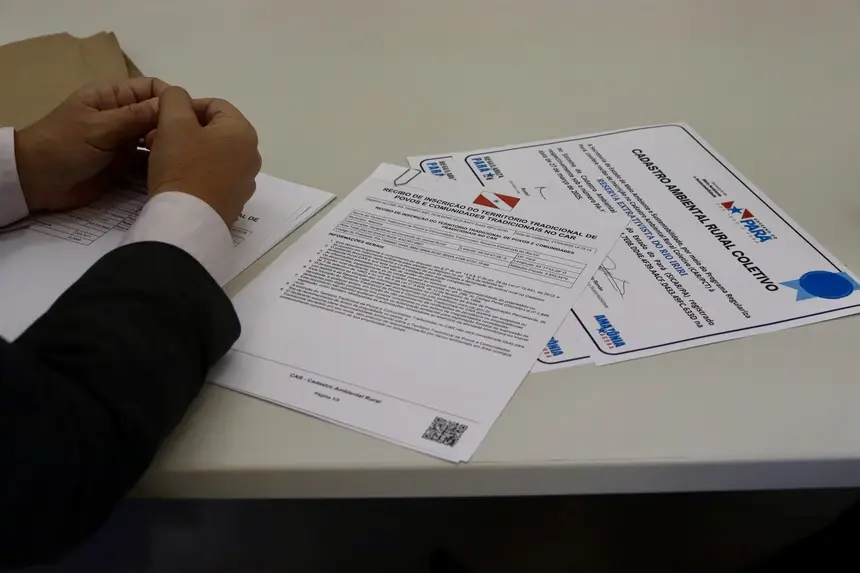
“We received a visit from Semas, which brought the collective CARs from three extractive reserves located in Pará. This is a fundamental instrument for access to various public policies by this differentiated audience, strengthening the economy of these families and the bioeconomy as a whole. But beyond that, we had the opportunity to share many instruments, many experiences, and certainly this action reinforces the fundamental partnership between Pará and the Chico Mendes Institute in managing protected areas,” said Kátia Torres, Director of Socio-environmental Actions and Territorial Consolidation at DSAT/ICMBio.
The CAR/PCT is a strategic tool to ensure the inclusion of traditional peoples and communities in the environmental regularization policy, respecting their cultural, social, and productive specificities. The module allows for the registration of extractive communities benefiting from the collective territory, as well as their representative associations, reinforcing the planning and collective management of natural resources.
During the training, there was instruction on the technical, operational, and legal aspects of the registration rectification process. “This articulation between federal and state entities is aimed at regularizing the environmental registration of traditional peoples and communities residing in conservation units. The training conducted by the government of Pará was fundamental, as the system has its own peculiarities, and without this knowledge, it would not be possible to continue the work. The technical support from the team was essential to clarify doubts and ensure that we can carry out good management of the CAR,” declared Marcos Ataíde, environmental manager at ICMBio.
Terra Grande-Pracuúba, Mapuá, and Rio Iriri - the three reserves covered total 688,474.22 hectares of area registered in the Rural Environmental Registration System (SICAR), benefiting 1,197 people. Of this total, 573 are women, which corresponds to 48% of the beneficiaries. Terra Grande-Pracuúba, located in Curralinho, has 194,769.59 hectares registered and benefits 134 people, with 45% being women. RESEX Mapuá, located in Breves, registers 93,704 hectares and serves 1,052 beneficiaries, with 48% female participation. Meanwhile, RESEX Rio Iriri, in Altamira, has 400,001.09 hectares registered and 11 beneficiaries, of which 27% are women.
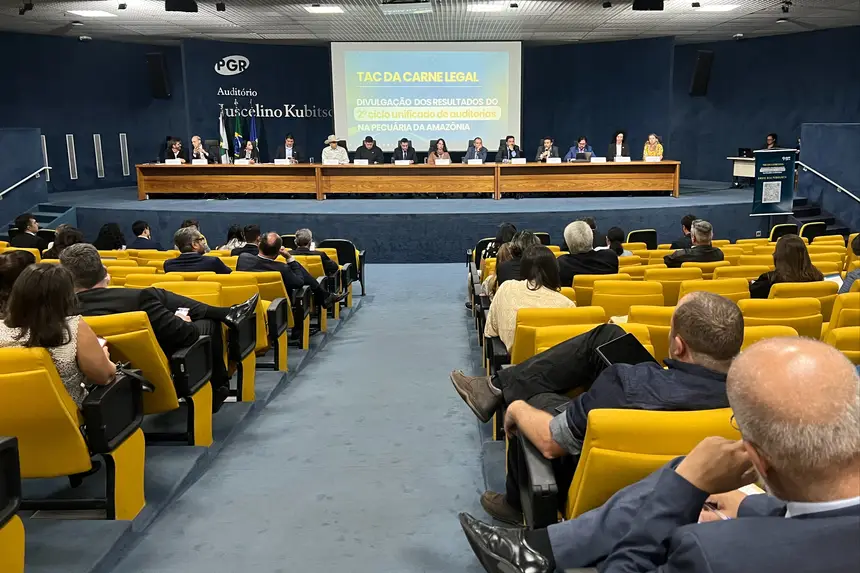
Extra agendas - Still in Brasília, Secretary Rodolpho also participated in the presentation table of the results of the second unified cycle of audits of the Carne Legal program, promoted by the Federal Public Ministry (MPF), on Tuesday (14). The event highlighted the control of the origin of meat in the Legal Amazon, focusing on compliance with Conduct Adjustment Terms (TACs) established with slaughterhouses since 2009.
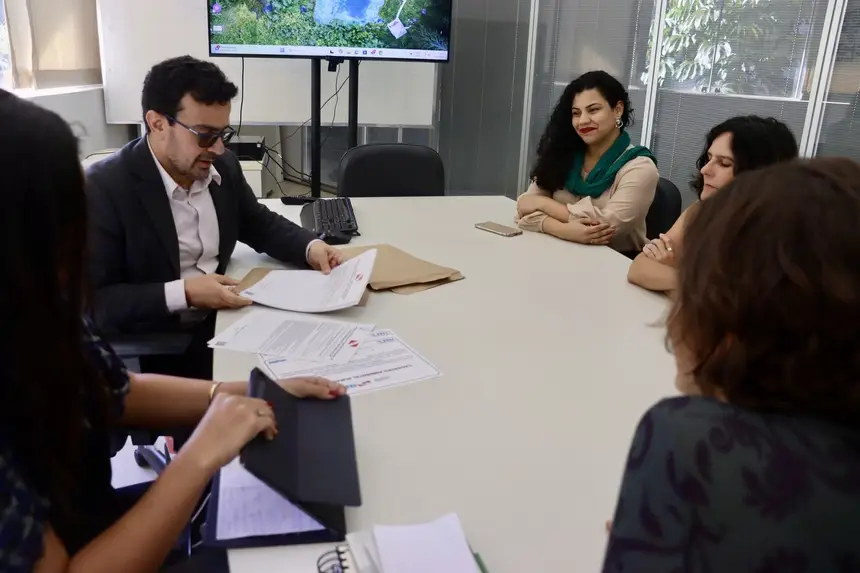
On this occasion, the secretary highlighted Pará's main advances in the environmental agenda, such as the State's effort in validating CAR, with the goal of reaching 10 million validated hectares by the end of the first half of 2025. He also emphasized the strengthening of the environmental regularization policy, which already shows concrete results, with commitments from producers aimed at compensation and forest restoration, and the recent creation of Environmental Protection Quotas, a new compensation modality established by the State to expand the alternatives for regularizing environmental liabilities.
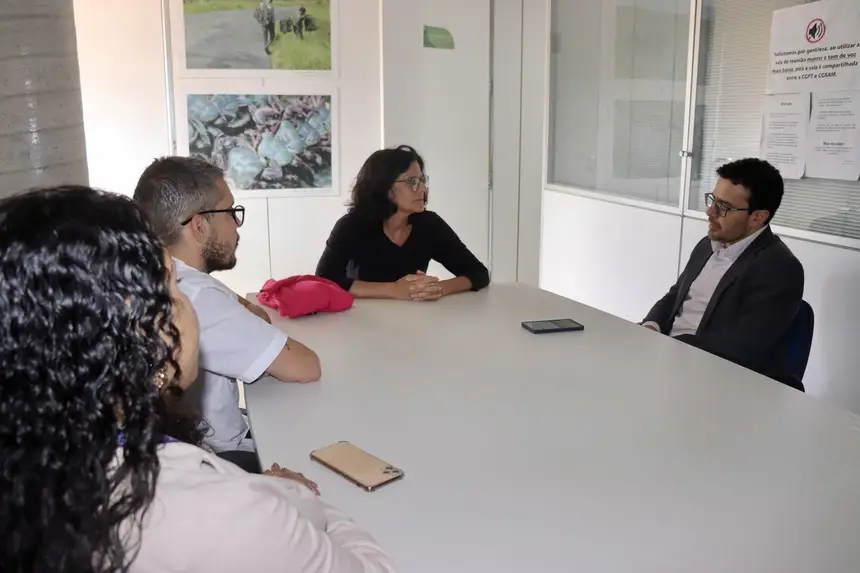
The secretary also emphasized the role of Green Offices and the humanized approach in serving small rural producers. According to him, the State's effort allows for effective inclusion of thousands of producers in the environmental policy.
Finally, Rodolpho reinforced Pará's commitment to traceability in the livestock chain, Commercial Requalification, the green seal, and clear sustainability goals to present concrete advances in the State, resulting from coordinated work with the federal government, MPF, the productive sector, and civil society.


